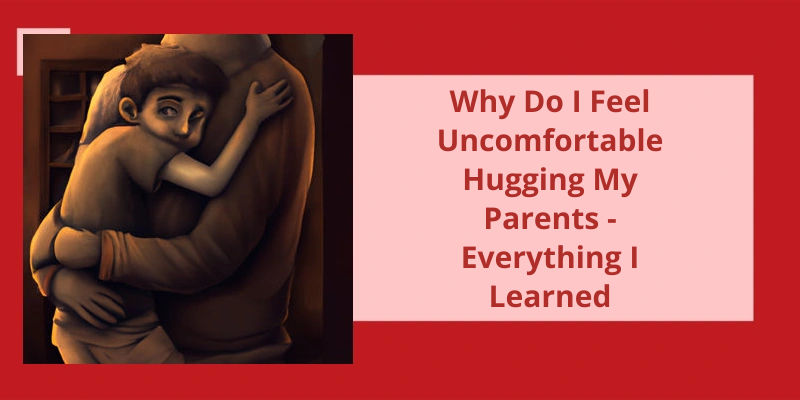Speaking of which, we all have those days where everything seems to go wrong, and we can't seem to catch a break. Whether it's due to work-related stress, personal challenges, or simply life's curveballs, we've all experienced those stressful days where we find ourselves on edge, overwhelmed, and struggling to keep up with the demands of the day. And I'm here to tell you that it's okay to feel stressed out sometimes. After all, stress is a natural response to challenging situations. However, there are ways to cope with stress and bounce back from a tough day. So, if you've had a stressful day, read on to learn how to manage stress and take care of your well-being.
How Do You Respond to My Stressful Day?
Stressful days are a part of life, and they can happen to anyone at any time. Whether it’s work, family, or personal issues that are causing stress, it’s important to have a support system that can help you through tough times. One of the best ways to respond to someones stressful day is to let them know that they aren’t alone. This simple statement can go a long way in providing comfort and reassurance to someone who’s feeling overwhelmed.
Another great thing to say to someone who’s stressed is that you’re their number one fan. This statement conveys that you believe in them and that you’re there to support them no matter what. It can be incredibly empowering to know that someone has your back, especially when youre going through a difficult time.
Sometimes the best thing you can do for someone who’s stressed is to simply remind them that it’s okay to take a break. We live in a culture that often promotes the idea of constant productivity, but taking time to rest and recharge is crucial for our mental health. Letting someone know that they’ve permission to take a step back and take care of themselves can be incredibly freeing.
When someone is stressed, they may not know how to ask for help. If you can anticipate their needs and offer to assist in any way possible, it can go a long way in helping them feel supported. Simply asking “how can I help?” can open the door for them to share their struggles and give you the opportunity to provide assistance.
One of the most important things you can do for someone who’s stressed is to validate their feelings. When were stressed, it’s easy to feel like were overreacting or that our feelings aren’t valid. Letting someone know that what theyre feeling is real and understandable can be incredibly validating and supportive.
It can also be reassuring to remind someone that they’ve overcome difficult situations in the past. Saying “youve done it before!” can help someone remember that they’ve the strength and resilience to get through challenging times. Additionally, encouraging them to focus on one thing at a time can be helpful in breaking down overwhelming tasks into more manageable pieces.
Finally, offering your presence and letting someone know that you’re there to talk can be one of the most powerful things you can do. Sometimes we just need to vent about our problems to someone who’ll listen without judgment. Letting someone know that you’re there for them in this way can provide immense comfort and support.
How to Recognize Signs of Chronic Stress or Burnout in Yourself and Others, and Strategies for Preventing and Managing These Issues
Chronic stress and burnout can have serious negative impacts on our mental and physical health. To recognize signs of these issues in yourself and others, look for symptoms such as exhaustion, anxiety, and physical illness. To prevent and manage these issues, try self-care practices like exercise, meditation, and therapy. It’s also important to set boundaries, take breaks when needed, and prioritize work-life balance.
Conclusion
In conclusion, stressful days are a reminder of how volatile our lives can be, and how important it’s to prioritize self-care. While it can be challenging to manage the demands of everyday life, taking time to pause, reflect, and engage in activities that bring joy and relaxation can help alleviate stress and promote well-being. By acknowledging our emotions and seeking support when needed, we can navigate through challenging times with resilience and grace, and emerge stronger from the experience. Remember that stress is a natural part of the human experience, and by being gentle with ourselves and practicing self-compassion, we can weather any storm that comes our way.






